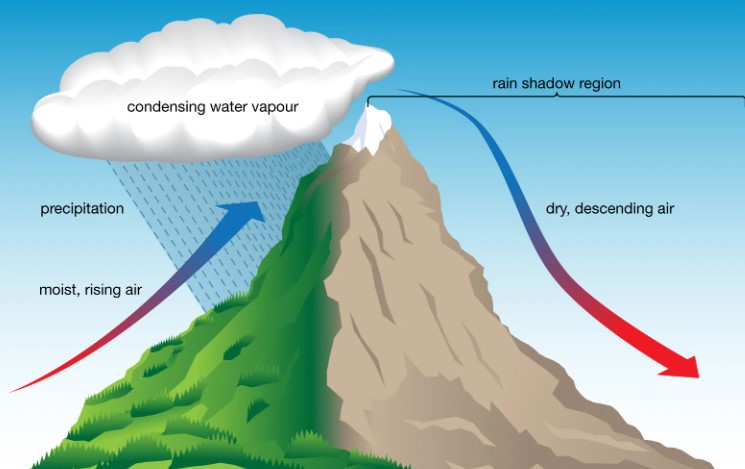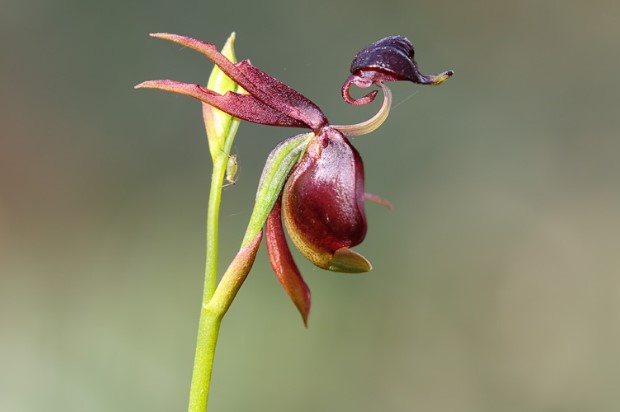What Are the Natural Resources on Planet Earth?
What keeps this world turning? Believe it or not, natural resources play a large role in keeping the Earth going as it does. We need natural resources to provide us with the everyday luxuries of life that we take for granted.
Natural resources are elements that are harvested from Earth to use for industrial and commercial purposes. These elements are crucial for society to progress as our industrial capacity increases.
So what exactly are the natural resources on planet Earth and what do they consist of? We’re going to break down what the natural resources our planet has to offer! Keep reading to learn more!

Solar Energy
Solar Energy is one of the most abundant natural renewable resources available on planet Earth. Sunlight is a virtually limitless source of energy. It is estimated that the amount of solar energy reaching the Earth’s surface in a single day is enough to meet the global energy needs of an entire year.
Solar energy can be used to produce electricity, desalinate water, run HVAC systems, drive pumps and motors, and on and on. Even today, only a small fraction of the energy reaching the earth’s surface is being utilized. As more efficient methods of harnessing and distributing solar energy are developed, many more applications of this renewable resource can be realized.
Solar Energy is an increasingly viable renewable energy source and is one of the most promising resources for a sustainable future. You can check with Blue Raven Solar or other providers to know more about how to harness solar energy.
Fossil Fuel
Fossil fuels are some of the most important natural resources on Planet Earth. They are formed from organic material that has been subjected to significant heat and pressure for millions of years. Common examples of fossil fuels are:
- coal
- natural gas
- crude oil
They also come with some derivatives. Fossil fuels are a reliable source of energy. This is because they have a high energy density, meaning they can store a lot of energy per unit of mass. This energy is used to power transportation, which is critical to our civilization.
They are used to generate electricity and as a raw material for certain organic compounds used in products ranging from plastics to consumer goods. However, there are several environmental factors to consider when using these resources.
Water
Water is one of the most valuable and essential natural resources on planet Earth. It is vitally important to human life and to the survival of almost all other forms of life. Water is becoming increasingly scarce in some areas and is a source of both political and environmental tension.
It is also essential for the production of food, powering electricity supplies, and the general functioning of the planet’s ecosystems. Water covers just over 70% of the Earth’s surface and is present in all major bodies of water, including oceans, rivers, lakes, streams, and ponds. It is also located underground in aquifers and groundwater.
On top of providing people and animals with drinking water, it is also used for a wide range of industrial, agricultural, and domestic purposes. Water is a renewable resource and is part of the water cycle, a process in which water evaporates and is then recycled back into rivers, lakes, and oceans. Yet the global water supply is finite and must be managed carefully for the health of the environment and all of its inhabitants.
Natural Gas
Earth’s natural resources are fuels used to generate energy, material goods, and services for humans to use. Natural gas, often referred to as fossil fuel, is one of the Earth’s most important resources. It derives from the remains of organic matter that was buried back in geological time.
The natural gas reserves are found deep underground, ranging from depths of only a few hundred meters to enormous depths that reach many kilometers underground. Natural gas is an extremely popular resource, as it is relatively inexpensive and requires a small amount of energy to produce.
It is used for heating, cooking, and electricity, and is also the primary component of many other energy sources, such as biofuel. While the use of natural gas has caused environmental damage due to its emissions, it is still widely used due to its efficiency.
Marine Life
Marine life is one of the most important natural resources available on the planet Earth. Marine life consists of all the organisms that exist in the ocean, seas, and other bodies of water. The ocean depths and the coastlines provide habitat for important species of fish, mammals, reptiles, invertebrates, and plants alike.
Marine life serves as a critical resource to both human society and the environment. Marine life provides us with food, and materials, and helps to maintain the balance in our fragile ecosystem. Marine life also helps to maintain water quality by acting as filter feeders that remove the particles and toxins that could potentially enter our atmosphere.
The health of the ocean and its species depend so heavily on its resources. So humans must do our part in conservation efforts to ensure that we can benefit from its resources for generations to come. This is one of the resources that support human life.
Plant Life
Planet Earth is home to a vast array of natural resources. Among the most important is plant life. Plants provide us with much of our food, oxygen, clothing, and shelter. They also provide shelter and food for countless species of animals, all of which are essential to the balance of nature.
Plants are also used for medicinal purposes and their importance in ecological cycles such as evapotranspiration, soil generation, and the reduction of greenhouse gases, cannot be overemphasized. Plants are essential to the overall health of the planet and its inhabitants and are a vital part of the global life support system.
Study What the Natural Resources of Earth Can Offer
From oil and coal to gold and precious gems, Earth contains a plethora of natural resources. Earth’s natural resources are finite, however, so we must make sure to use them judiciously and with environmental consciousness.
Knowing what the natural resources the Earth has can help us harness and conserve them. Resources on earth are very important for sustaining life in this world. To protect our planet, let us join together to conserve its resources responsibly. Act now to protect our planet’s natural resources! If you want to read more articles, visit our blog.






